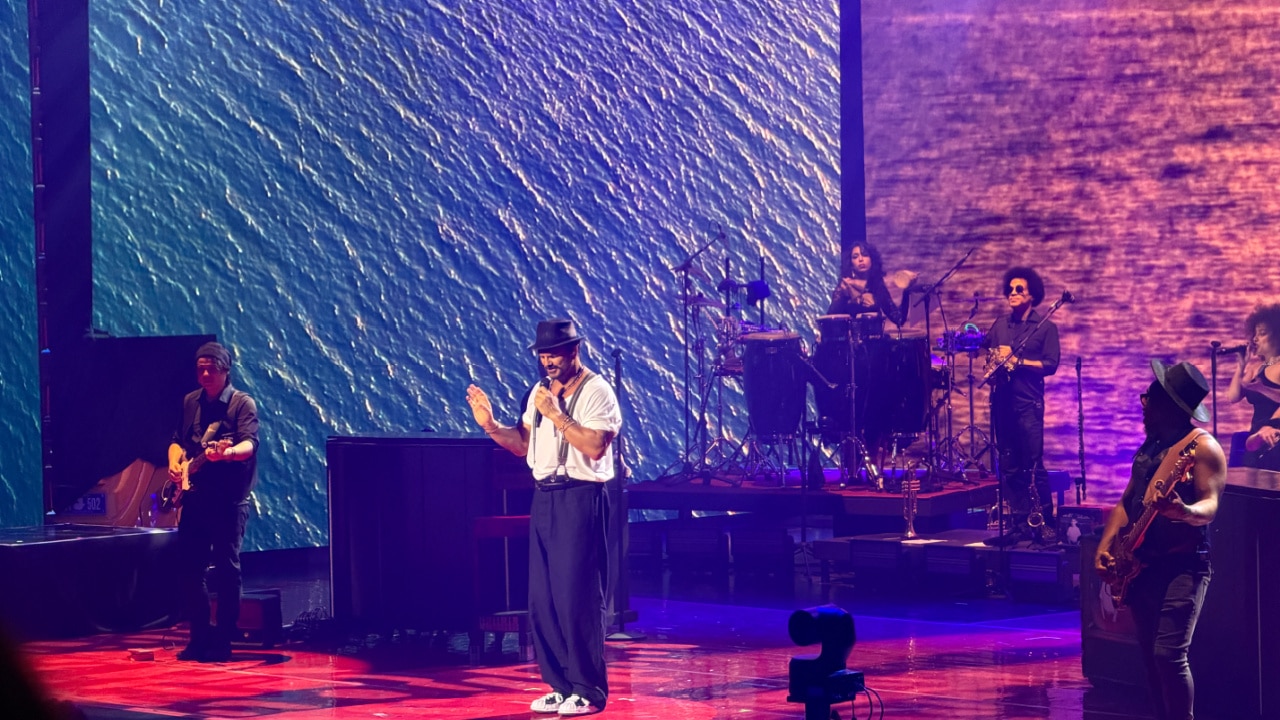The Hate U Give Becomes Available To Stream For Free Amid Police Brutality Protests
If you’ve yet to read the book The Hate U Give by Angie Thomas or seen the movie that was inspired by it, there’s no better time like the present.
The book, which was written in 2017 was adapted in 2018 and remains a timely story about the Black community and their battle against police brutality. The film grossed $29.7 million in the North Americas and achieved a total worldwide gross of $34.9 million. It debuted to rave reviews from activists and film reviewers.
In light of the recent killings of victims like Breonna Taylor and George Floyd, streamers are making the film free for streaming on digital platforms.

The streaming of the film undoubtedly acts as a resource for non-black Americans who are beginning to attempt to educate themselves about the history of racism in our country as well as police brutality.
In a tweet about the film, its director George Tillman Jr.wrote “Our story is a reminder to never be afraid to raise our voice in the name of justice. “We must stand up for what we believe. The time for change is now!”
The Hate U Give follows a student named Starr who witnesses the death of a childhood friend Khalil at the hands of police.

In the book and movie, Starr’s childhood friend Khalil is killed during a traffic stop after an officer confuses his hairbrush with agun. Starr fights for justice while struggling to help her white friends understand the situation and witnessing her family be targeted because of the color of their skin.
The film stars Amandla Stenberg, KJ Apa, Common, Regina Hall, Anthony Mackie, and Issa Rae. The book’s author, Thomas, is writing a prequel titled Concrete Rose that will focus on the story of Starr’s father who is played by Russell Hornsby in the big-screen adaptation.
“I hope that young black people pick it up and they walk away feeling empowered,” Thomas, 31, explained to PEOPLE in an interview about her prequel. “I hope they walk away with a better understanding of themselves… Also, I hope that it gives other readers a better view of what it means to be a black person in America.”




